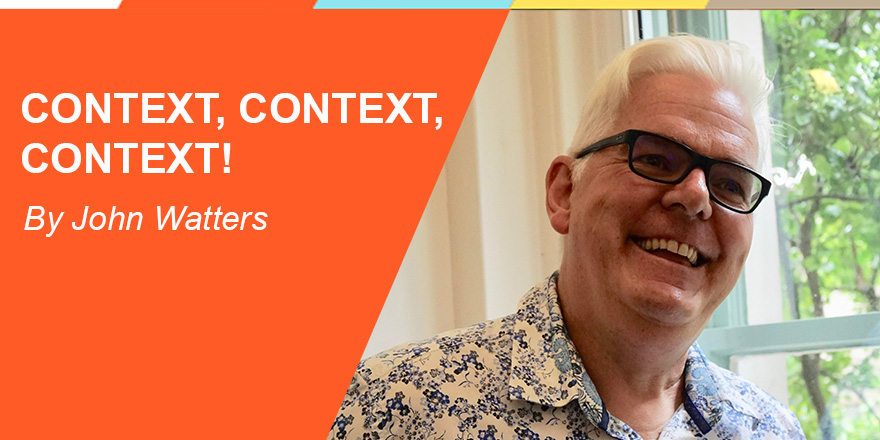
“Oh my God. I see how all my life I’ve been a Middle who tries to please others,” exclaimed a woman participant at the end of one of my in-person workshops (do you remember those things – in person workshops?). And in seeing this life-long pattern of behaviour she also saw the possibility of choice, of stepping out of being the Middle who picks up everyone else’s problems and challenges and attempts to sort their problems. The relief and sense of new freedom was tangible. These Eureka moments don’t happen for everyone and not at every workshop, yet they are not uncommon.
Being in the Middle is a ubiquitous space in which we all find ourselves, each and every day.
Middleness describes the condition of being caught between two or more individuals or groups who have differing needs, perspectives, goals or priorities. Each party exerts pressure on us as Middle to meet their needs or wants. It’s very easy in the Middle to assume that our role is to solve everyone’s problems. This can be especially challenging if you have a personal disposition to please others.
The experience of this Middle condition (being caught between two parties with differing wants and needs) is often described as being like a crunch or a tearing apart. Do you ever experience that sense of tearing or crunch?
Middleness as described above has nothing to do with your position or role in your work. Middleness, in the way we are describing, is a relational space which we would all do well to navigate better (more wisely, more effectively, more sanely) whether at work or in family and community settings.
And at the same time some of us find ourselves in roles and positions in organisations where we spend a lot of time in the Middle space – connecting up across the matrix of products, customers, teams, stakeholders, functions, businesses and a myriad of systems and processes. The conditions of being in the Middle space are radically changing – for example the impact of AI has redefined roles, expectations, work processes and relationships; and experiments in self-managed teams have also shifted the nature of what it means to be an effective Middle. Yet amidst this flux and innovation old habits persist. And Middles in organisational positions are subject to surviving in this ambiguous maelstrom. There is often a gap, sometimes substantial, between the aspirational future which our models describe and the lived, more messy reality of everyday organisational life with its many contradictions.
At FC we do a lot of work with Business Partners. And like all organisational roles a Business Partner (BP) will exist in many relational spaces throughout the day. But they, perhaps more than most, experience “middleness” as they seek to connect and satisfy the many stakeholders they serve.
Our forthcoming online public programmes equip participants to see, understand and navigate more skilfully in the Middle space, and all the other contexts in which we operate. The workshops draw on the work of systems theorist, Barry Oshry, and his five decades of research into the dynamics of social systems. Future Considerations has been a pioneer in this work.
The workshops can be taken in combination or as stand-alone events. Taken together they provide a solid foundation in systems thinking. You can find more information on each workshop by clicking on the links below.
How to lead with greater courage, compassion and systems sight
Session 1, Wednesday 1 December, 0930-1130 GMT
Session 2, Wednesday 8 December, 0900-1300 GMT
Seeing and navigating power to create inclusive cultures
Wednesday 18 November, 0900-1300 GMT
Future Considerations Ltd
29 Adonis Street, Acropolis
Subdivision, Libis,
Quezon City,
Philippines 1110
Jon’s early career designing applications led to him becoming IT director for a market-leading multinational. His systemic perspective, allied with a background in psychology and subsequent leadership experience inside major organisations was followed by intensive learning in personal development, values systems and multiple intelligences. Brought together, these create a transformational perspective for understanding and developing organisations as living systems. Jon is a master trainer in Spiral Dynamics, a founder director of the UK chapter of Conscious Capitalism and a certified Spiritual Intelligence coach. He is the author of several books and articles and is developer of Relational Being, a visionary whole systems approach to evidence-based spirituality, complexity science, human emergence, societal change and conscious business. This breadth of experience and deep understanding informs his work as a consultant, coach, trainer and facilitator.